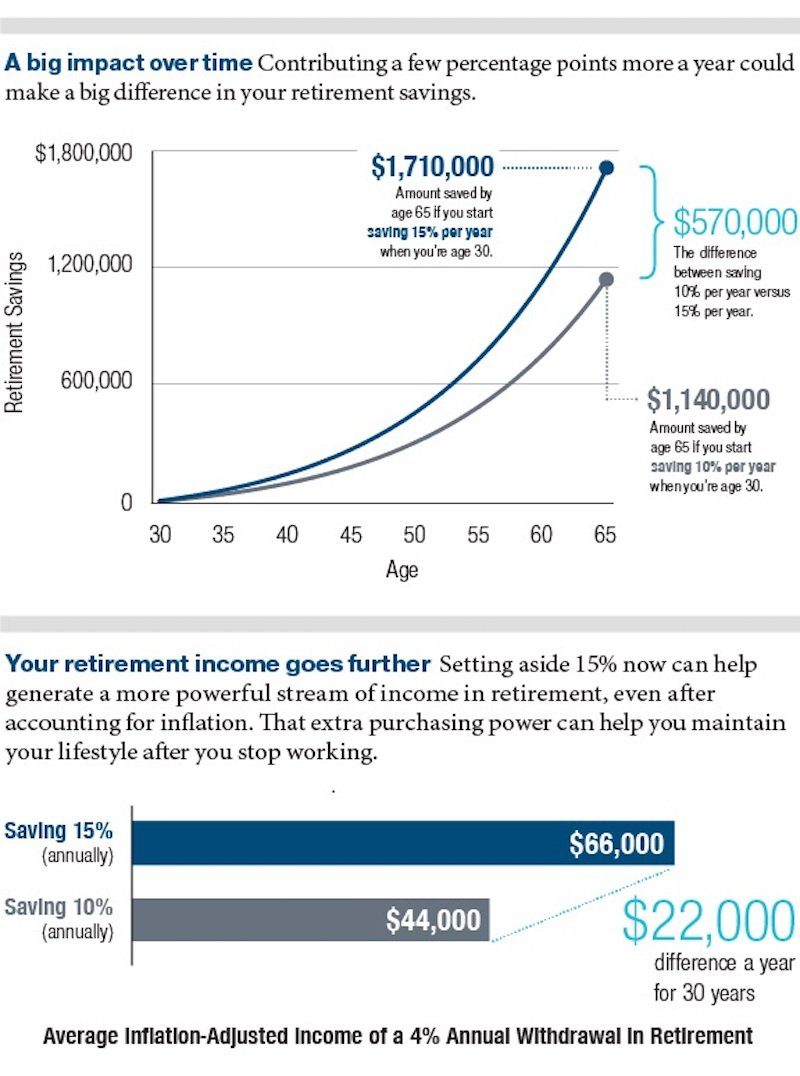More and more young people are angling for early retirement.
According to a poll from our partner, MSN, 67% of American millennials (aged 18 to 29) want to quit the working world at or before age 65. The current full retirement age, meaning the age at which Social Security benefits fully kick in, is 67 for those born in 1960 or later.
MSN polls its readers, and then uses machine learning to model how a representative sample of the US would have responded, using big data, such as the Census. It’s nearly as accurate as a traditional, scientific survey.
The poll found 36% of all Americans – including one-third of younger millennials – are worried they aren’t saving enough money.
For the two-thirds of millennials hoping to retire early, the fear of coming up short may be justified. Nearly half of millennials are saving 5% or less of their income, while only 16% are saving more than 10%.
A recent report by Vanguard, which manages 401(k) accounts for 4.4 million Americans, underscores this finding. US employees under age 25 contributed an average of just 3.9% of their pretax income to a 401(k) last year, down significantly from 4.7% in 2015, while 25 to 34-year-olds socked away only 5.3% of their income.
To stay on track for retirement, a 10% savings rate in your 20s is on par with expert recommendations, but that should steadily rise to 15% of your income by your 40s - or even earlier. In fact, if you start saving 15% at age 30, you could be $570,000 richer by the time you turn 65 than those saving just 10% of their income (illustrated in the chart below, from T. Rowe Price).

The growth is largely because of compound interest, which is essentially your earned interest earning interest on itself. Because of how drastically compound interest affects retirement savings, money socked away earlier rather than later has a disproportionate effect on the ultimate earnings.
Saving may get harder - not easier - the older you are. For many millennials, the burden of student loan debt may be to blame for paltry savings. But by the time they've paid off their debts - and are likely earning a higher salary - financial milestones hit, like homebuying, marriage, and kids.
The MSN poll revealed that the percentage of 30 to 44 year-olds saving 10% or more of their income is even less (14%) than younger millennials. And yet, more than half of that group expects to retire before 65. This is evidence of a huge gap between expectation and reality when it comes to early retirement.
As Americans grow older, the MSN data shows, they become less optimistic about their ability to retire early. A whopping 68% never increase their savings rate beyond 10%.

